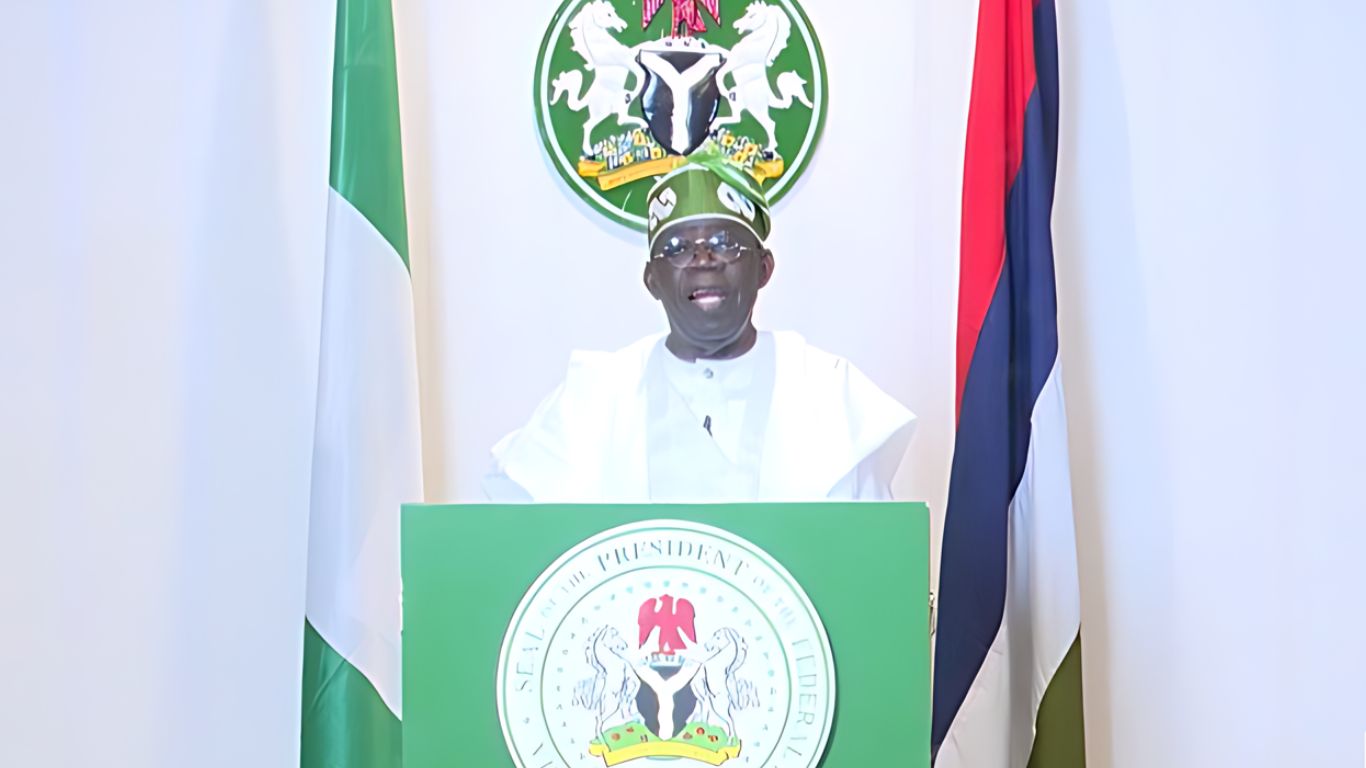
Nigeria’s Fiscal Deficit Hits Record N7.05 Trillion In Q3 2024 Amid Bold Spending Plans
Article:
Nigeria’s fiscal deficit surged to N7.05 trillion by the end of the third quarter of 2024, marking a significant financial gap that underscores the nation’s reliance on borrowing to meet its ambitious spending goals. The figure was disclosed by President Bola Ahmed Tinubu during his presentation of the 2025 Budget of Restoration to the National Assembly on December 18, 2024.
Fiscal Challenges and Budgetary Highlights The 2024 budget of N47.9 trillion, backed by a projected revenue of N34.8 trillion, set a record fiscal deficit of N13.1 trillion. The deficit reflects the persistent challenge of matching revenue generation with Nigeria’s ambitious expenditure plans, as highlighted by the President.
Breaking down the budget performance for the year so far, President Tinubu revealed:
Revenue Generated: N14.55 trillion, accounting for 75% of the annual target.
Expenditure: N21.60 trillion, representing 85% of the budgeted spend.
This mismatch resulted in a fiscal shortfall of N7.05 trillion as of Q3 2024, further demonstrating the pressures on Nigeria’s public finances.
Economic Context and Recovery Efforts President Tinubu acknowledged ongoing economic recovery efforts amidst global and domestic challenges. He emphasized that enhanced fiscal discipline, improved tax revenue collection, and alternative financing sources are critical to reducing Nigeria’s debt burden.
Despite the revenue shortfalls, Nigeria recorded some positive macroeconomic indicators in 2024:
GDP Growth: The economy grew by 3.46% in Q3 2024, up from 2.54% in Q3 2023.
Foreign Reserves: Increased to $42 billion, providing a buffer against external shocks.
Trade Surplus: Rising exports boosted the trade surplus to N5.8 trillion, according to the National Bureau of Statistics (NBS).
The Path Ahead: 2025 Budget and Fiscal Sustainability The proposed 2025 budget of N47.90 trillion—approximately $31 billion at an exchange rate of N1500/$1—reflects the government’s commitment to achieving macroeconomic stability, reducing inflation, and fostering inclusive growth. However, fiscal sustainability remains a pressing concern.
The Medium Term Expenditure Framework (MTEF) projects a 2025 budget deficit of N13.08 trillion, up from the estimated N9.18 trillion in 2024. This accounts for 38% of the Federal Government’s revenues and 3.87% of GDP, breaching the Fiscal Responsibility Act (FRA) cap of 3% of GDP.
Key drivers of the widening deficit include:
Increased spending on the new minimum wage.
Rising pension obligations.
Higher debt servicing costs.
The government plans to finance the deficit primarily through domestic borrowings, citing limited external financing opportunities. President Tinubu reaffirmed the administration’s focus on public investments in infrastructure, security, and human capital development as engines of economic growth.
Expert Analysis Economists warn that Nigeria’s ballooning deficit could undermine its fiscal health if not managed carefully. “While capital spending is crucial for long-term growth, the government must strike a balance to ensure debt sustainability,” noted a leading financial analyst.
As Nigeria grapples with its fiscal challenges, the road to economic recovery requires strategic reforms and prudent management to achieve the twin goals of stimulating growth and maintaining fiscal discipline.